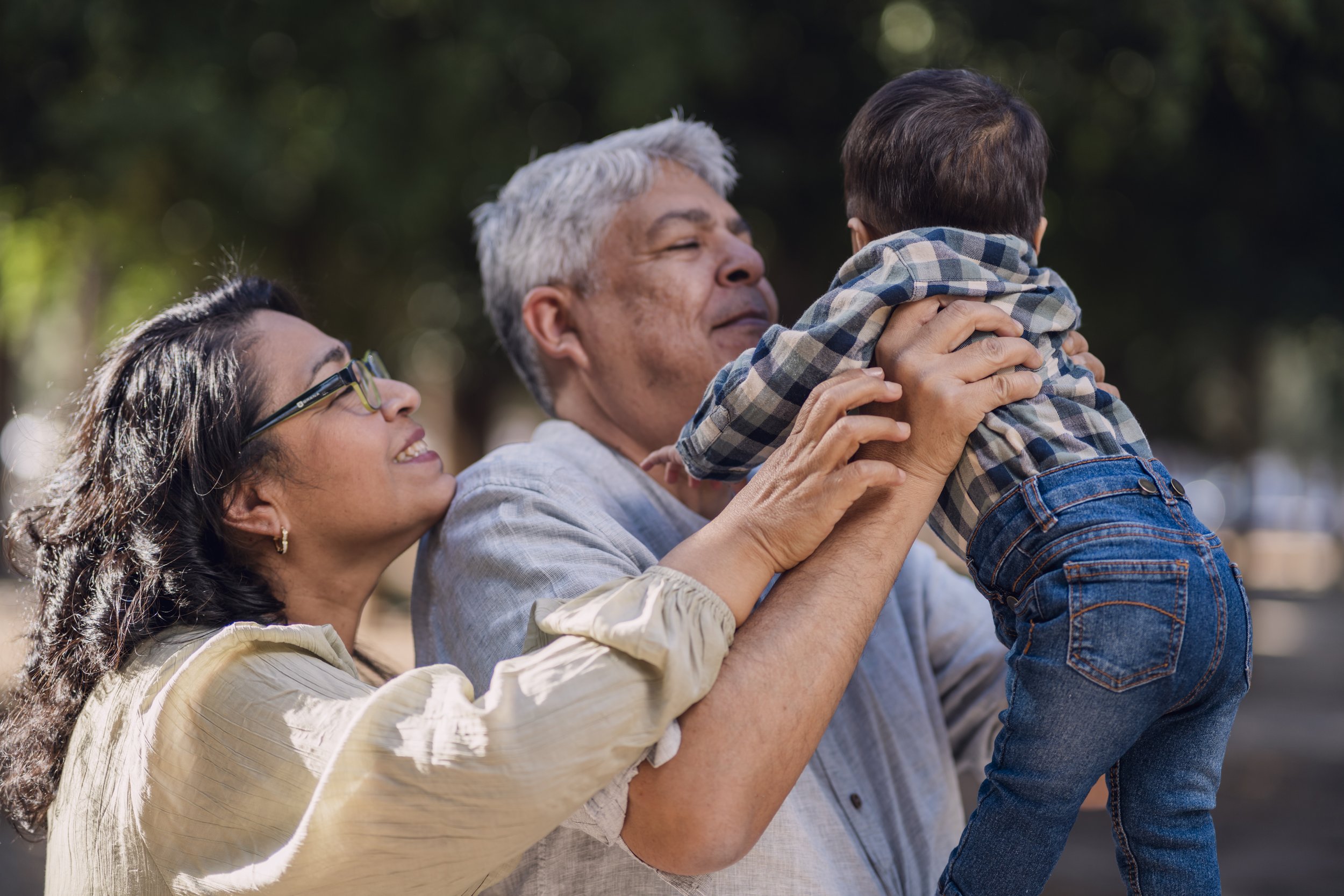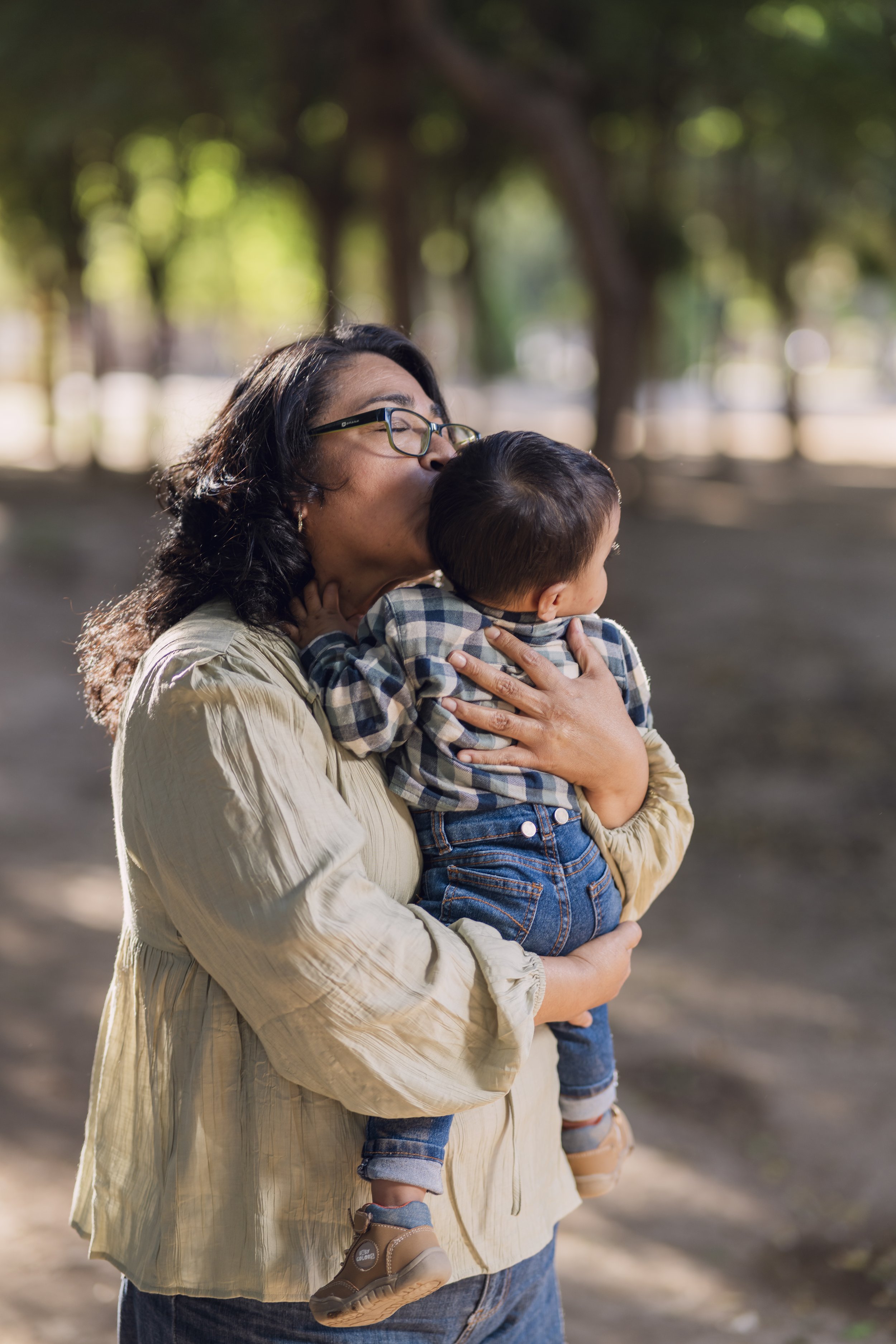
Leave a Legacy of FAMILY
Your legacy cAN reach beyond your lifetime to ensure that orphaned and vulnerable children will grow up in loving families for years to come.
YOU CAN LEAVE A LEGACY
IT’S EASIER THAN YOU THINK.
Download our Legacy Estate Planning Guide to start your journey toward a lasting impact.
Create or update your will or trust. It’s a meaningful way to care for the people and causes you love.
Let us know your plans. We’d love to thank you and welcome you into our legacy community.

waYS TO GIVE
1. include a Gift in Your Will or Trust
You can leave a specific amount or a percentage of your estate to The Hope Effect — no need to rewrite your entire will. A simple update is often all it takes. Sample language and support are available — just reach out!
2. Name The Hope Effect as a Beneficiary
You can list The Hope Effect as a beneficiary of your IRA or retirement plan, life insurance policy, or bank or investment account. It’s as easy as filling out a form from your provider — no attorney required.
3. Create a Charitable Remainder Trust (CRT)
This option lets you support your loved ones and The Hope Effect. You’ll receive income during your lifetime, and what remains goes to provide families for orphaned and vulnerable children. It’s a win-win for your future and theirs.
4. Establish a Charitable Gift Annuity (CGA)
Make a gift today and receive fixed payments for life — then leave the remainder to The Hope Effect. You’ll enjoy peace of mind and make a lasting difference.
5. Recommend a Grant Through Your Donor-Advised Fund (DAF)
If you have a DAF, you can easily name The Hope Effect as a future beneficiary or recommend a grant at any time. It’s a smart and flexible way to give.
6. Make a Tax-Free Gift from Your IRA
If you're 70½ or older, a gift directly from your IRA can reduce your taxable income and may lower your Medicare premiums — even if you don’t itemize deductions. This type of gift, called a Qualified Charitable Distribution (QCD), can also count toward your Required Minimum Distribution if you're 73 or older. It’s a simple and tax-smart way to leave a legacy of family.
Source: IRS Publication 590-B – Qualified Charitable Distributions
Ordinary People.
Extraordinary Impact.
Socrates and Oli
"When Socrates was born, his father left to study in Germany. His grandmother and three aunts decided to step in and raise him. Our personal life experience led us to seek charities that help find families for children that would otherwise end up in orphanages.”
joe and christie
“Family is everything to us. That’s why The Hope Effect is part of our estate plans, right alongside our kids and grandkids. We want our legacy to reflect one of our deepest values. Every child deserves to be loved and cared for in a family.”
joy
“The values and vision of The Hope Effect align so closely with my heart and my own life experience of being chosen to grow up in a family. It is with love that I am privileged to leave a legacy gift so that every child can grow up in a family that will love them.”
FAQs
-
Nope! There is no legal requirement that a will be drawn up by a lawyer. Most people can use quality, fill-in-the-blank legal documents (found through a provider such as FreeWill) to take care of basic concerns such as leaving their property to loved ones and naming a guardian for young children. However, if you have a complex situation or significant assets, it is highly recommended to work with a lawyer instead of creating an online will.
-
Most online will sites, like FreeWill, guide you through a simple 3-step process:
Answer Questions. You’ll be guided through a series of fill-in-the-blank questions about your wishes regarding your family, your property, who you want to be in charge of making sure your wishes are taken care of. Most people can usually complete it within about 30 minutes.
Review Answers. You’ll have an opportunity to review your own answers for completeness and accuracy.
Finalize documents. The last step is to print your documents. The online will site will also provide instructions for getting signatures to finalize your documents, as well as storage recommendations.
-
Here are the most common ways to significantly increase your legacy through your will:
Add “Charity” to your family. Some families treat charitable organizations like an additional child. For example, if a family has three children, they might add a fourth child named “Charity” and divide the assets in their Will into four equal parts. Each of their children would receive 25%, and the remaining 25% would be divided among their favorite charitable organizations.
Percentage. Other families commit a percentage of their estate to the charitable organizations they love, dividing the remainder among their heirs.
Cap. Some families intentionally decide to “cap” their children’s inheritance, leaving the rest of their assets to charity. This approach is used when the parents want to provide a modest gift to their children and eliminate concerns of creating dependence or giving too much too soon.
Update an existing will. An attorney can add, delete, or change an item in your will with an additional statement called a “codicil.” Here’s an example: “I give, devise, and bequeath twenty-five percent (25%) of my residuary estate to [charity name] whose address is [city, state, zip code]. Like a will, a codicil must be dated, signed, and witnessed.
-
Not at all. Planned giving isn’t just for the wealthy—it’s for anyone who wants their legacy to reflect the values they lived by. Many people are surprised to learn that even a small percentage of their estate, a life insurance policy, or a retirement account designation can make a significant difference in the life of a child through The Hope Effect.
Whether your gift is modest or substantial, it can help provide family for children around the world. Your legacy doesn’t have to be large to be meaningful. It just needs to come from the heart.
-
Absolutely! A living trust is created while you're alive, and assets you transfer into it are managed by your chosen successor trustee upon incapacity or death. One major benefit is that trust assets avoid probate, saving time, legal fees, and emotional burden for your loved ones—and it maintains your privacy.
-
Both tools serve important roles. A will is simpler and necessary if you want to:
Name a guardian for minor children
Distribute any assets not placed in a trust
It does, however, go through probate, which can be lengthy and costly.
A living trust, on the other hand:
Takes effect immediately (no waiting until death)
Avoids probate entirely
Allows a trusted person to manage your assets if you become incapacitated
It may require more upfront setup and transferring of assets, and often entails legal fees.
Many people choose both: a trust to manage and transfer most assets, and a “pour-over” will to catch anything not moved into the trust.
-
Yes! Just list The Hope Effect as a beneficiary—either by percentage, a fixed amount, or a residuary gift. We can help you provide the exact wording and legal name to include.
-
Please send us a quick email and let us know! We would love to thank you for your generosity.
-
Legal Name: The Hope Effect
Federal Tax ID Number: 47-2624962
Key Info
Our EIN:
47-2624962
Our Mailing Address:
The Hope Effect
24654 N Lake Pleasant Pkwy, Suite 103-485
Peoria, AZ 85383
Our Contact Information:
Email: info@hopeeffect.com






